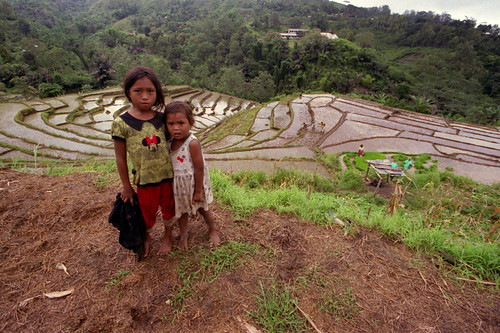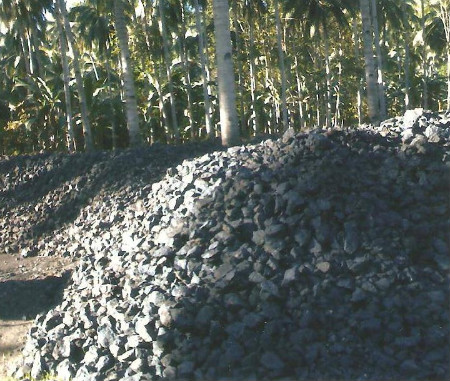 Manggarai are Indonesian people inhabiting western Flores, one of the Lesser Sunda Islands, in Indonesia. Numbering approximately 500,000 in the late 20th century, the Manggarai speak a language in the Bima-Sumba subgroup of Indonesian languages.
Manggarai are Indonesian people inhabiting western Flores, one of the Lesser Sunda Islands, in Indonesia. Numbering approximately 500,000 in the late 20th century, the Manggarai speak a language in the Bima-Sumba subgroup of Indonesian languages.
The Manggarai were historically ruled alternately by the Bimanese of Sumbawa and the Makassarese of Celebes. Their own political system is based on clans, led by the chief of the Todo clan. Manggarai descent is patrilineal, and the fundamental settlement pattern is the village, which is composed of at least two clans. Each clan traditionally existed in relationship with two others; a group of three clans had complementary roles in providing and receiving marriage partners, but today marriage rules are more flexible. The Manggarai practice swidden agriculture, growing rice and corn (maize); permanent rice terraces became more common after 1960. They also grow coffee, onions, and mung beans for export and raise horses and water buffalo.
As a result of the Dutch influx in the 20th century, most of the Manggarai are Roman Catholic.


